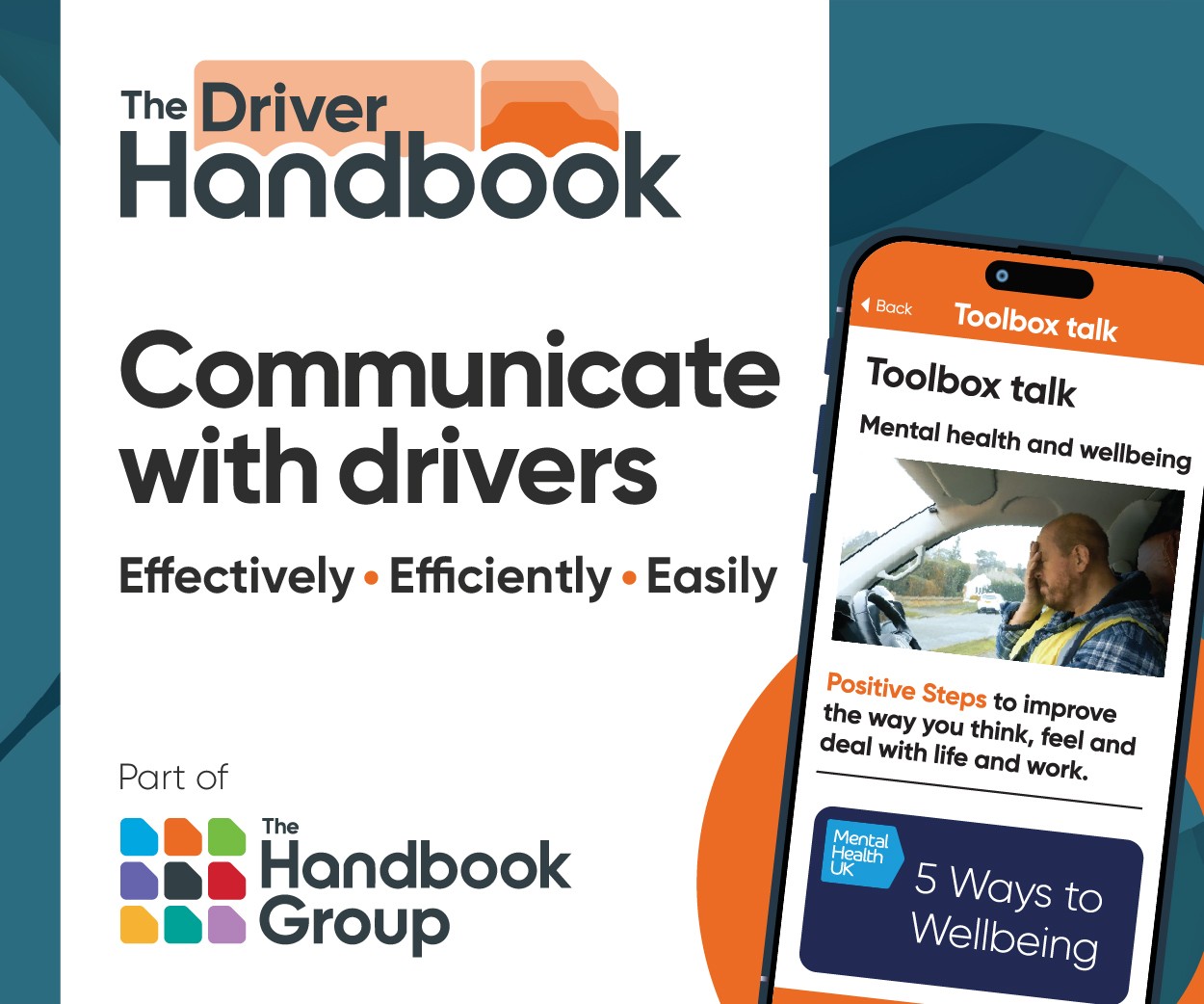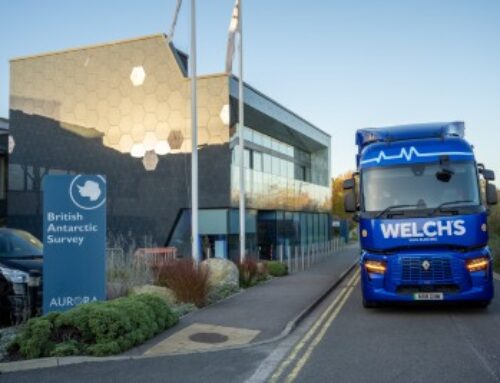Trade groups call for action on ‘critical’ parking shortage
 Transport trade groups have called for urgent progress on planning reform to enable the construction of more roadside facilities for truck operators, following the publication of the second part of the Department for Transport’s 2022 national survey of lorry parking.
Transport trade groups have called for urgent progress on planning reform to enable the construction of more roadside facilities for truck operators, following the publication of the second part of the Department for Transport’s 2022 national survey of lorry parking.
The release of the second segment of the study earlier this month, which was undertaken by consultancy Aecom, follows the publication of the first part last autumn.
The second part comprised longitudinal audits taken on one day and one night each month for 12 months, on four different routes within five kilometres of England’s strategic road network, at the same 236 on-site and off-site parking locations. The routes covered were in the Midlands, East of England, North West and South East.
The report found that, on the routes covered, overnight usage of on-site truck parking facilities was at critical level, having hit 87 per cent last year. The threshold at which critical capacity is deemed to have been reached is 85 per cent.
The problem was most acute on the East of England route included in the survey, taking in the A14 which services East Anglia from the west and the port of Felixstowe, and the A12 servicing East Anglia and Felixstowe from London. Here, overnight on-site utilisation was at 99 per cent.
Overnight utilisation was also critical in the North West and South East, at 88 and 89 per cent respectively. The picture in the Midlands was markedly less severe, at 62 per cent.
In response, the Road Haulage Association urged government ministers to work with industry on increasing the numbers of parking spaces available, to help improve driver security. It restated its call for a national facilities taskforce comprising national and local government, trade associations and industry representatives.
It also said it would continue to campaign for the removal of red tape in the planning process, to enable more facilities to be built.
Richard Smith, managing director of the RHA, said: “A taskforce can follow up on the good work of the national survey of lorry parking by identifying target areas based on current and future needs, scoping potential sites for new facilities, and then inviting the free market to make the best business case to planning authorities…
“We’ve long pushed for more, better and safer roadside facilities. Drivers deserve them and developers want to build them, so now’s the time to bring the right people together to make it happen.”
Meanwhile, Logistics UK said that commercial drivers were being ignored as regards “their right to use proper hygiene and rest facilities while working”.
Speaking after the publication of the parking survey, Jonathan Walker, head of cities and infrastructure policy at Logistics UK, also called for urgent planning reform, which he said would both facilitate the provision of more parking facilities on key routes and incentivise investment from the private sector.
“The publication of the latest lorry parking survey demonstrates just how desperate and urgent the need is for more secure facilities for these vehicles, an issue which our members have been pressing government to help fix for a long time,” he commented.
“Drivers need safe, secure and clean facilities to take mandatory rests and to look after basic human needs – something which workers in other sectors take for granted. They also must be confident that those facilities will have the space to accommodate them when they arrive. Our industry is working hard to attract a younger, more diverse workforce but this issue undoubtedly harms the appeal of working in logistics.
“In 2022 an additional £20 million in funding was announced to boost HGV driver facilities but as highlighted by this report, the benefits of this have not yet been fully felt. Lorry drivers are required by law to take regular rest periods, including overnight-mandated rest breaks and it is unacceptable to expect them to sleep in unprotected and often unsafe locations.
“Urgent reform to the planning system is vital for the provision of more parking facilities on key routes and private sector investment. The government and private sector must work collaboratively to take urgent action on this issue to protect the workforce which drives all areas of the UK’s economy – we stand ready to help them deliver what our industry has been demanding for so long.”
The trade union GMB also vocalised the need for improved facilities for drivers earlier this month, at its annual congress in Brighton, where delegates called for local authorities to reopen thousands of public toilets that have been closed to save money.
“This is a health and safety issue for professional drivers,” said Mike Tinnion, GMB London region delegate.
“Can you imagine being stuck behind the wheel and needing to use a toilet knowing there isn’t one you can use?
“If you risk not using a proper facility you can face prosecution and can lose your job. It’s degrading and embarrassing.
“I have heard of some real horror stories about what drivers are forced to do when they cannot find a toilet to use, and it’s worse for women.
“It’s scandalous and a problem that has been ignored for too long.
“Access to sanitation a basic human right. Reopening thousands of closed public toilets for all road users must happen as soon as possible.”
Tom Cornwell, RHA public affairs manager, commented: “There are simply not enough facilities on our roads leaving countless lorry drivers parked up overnight without access to a toilet or shower.
“Often the facilities they do find are in a terrible state. It’s a dehumanising experience for commercial vehicle drivers – they deserve to be treated with more respect.”
In April, key industry figures delivered a petition to 10 Downing Street calling for safer and more secure parking, and improved standards at truck stops.
As part of the effort, the All-Party Parliamentary Group (APPG) for Road Freight and Logistics coordinated a letter for parliamentarians to sign.
Greg Smith MP, chair of the APPG, said: “A key element of the issues around driver recruitment and retention is the poor state of our roadside facilities. It is imperative the UK ups our game, ensuring drivers have safe, secure, comfortable, and affordable options that they know they can rely on.”













